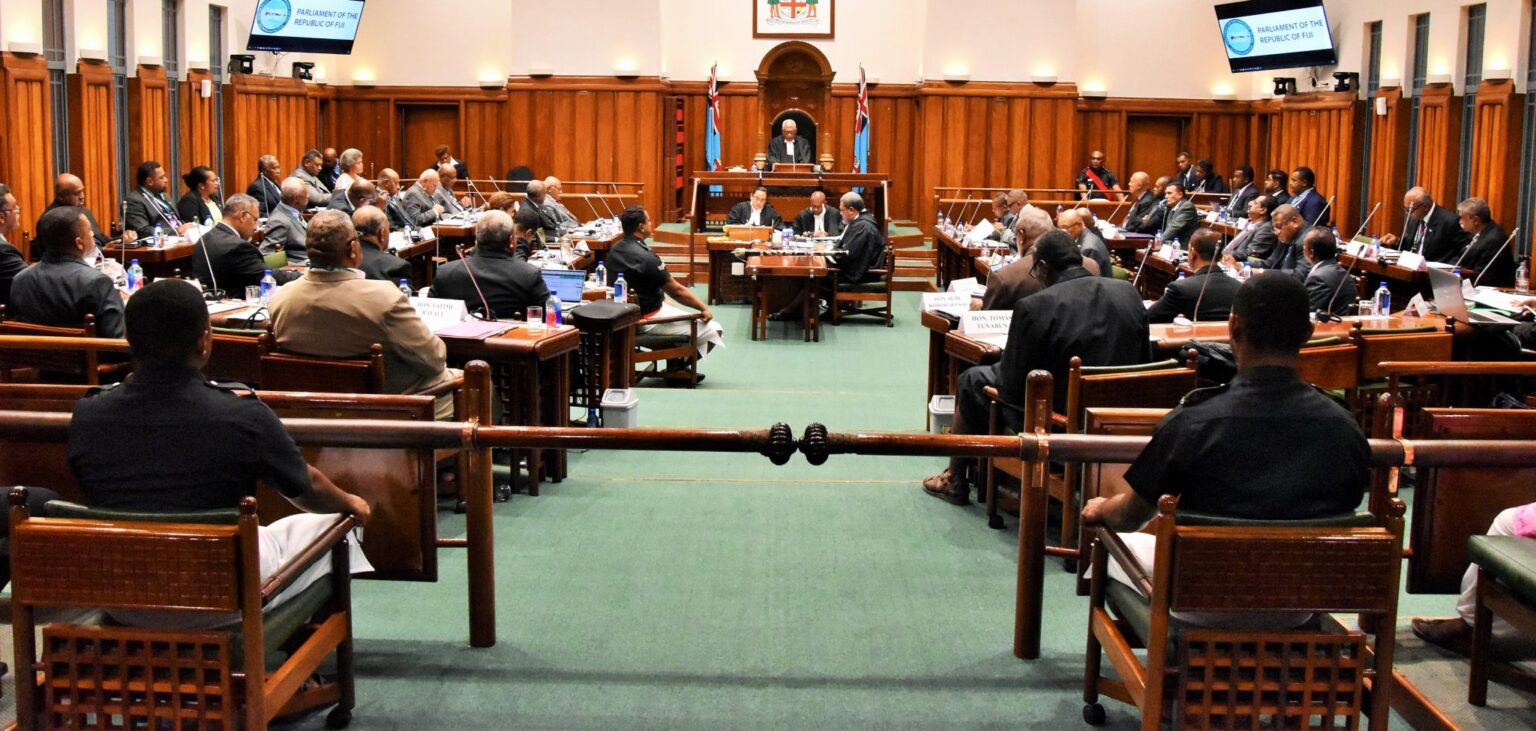Here is a detailed overview of Fiji’s political structure:
Political Structure of Fiji
Fiji is a parliamentary representative democratic republic. The country’s political system is defined by its 2013 Constitution, which provides for separation of powers among the executive, legislative, and judicial branches.
1. Head of State: The President
- Role: Ceremonial Head of State
- Appointed by: Parliament (with majority vote)
- Term: 3 years (renewable)
- Powers:
- Appoints the Prime Minister (usually the leader of the majority party)
- Signs bills into law
- Acts on the advice of the Cabinet or Prime Minister
- Current President (as of 2025): Wiliame Katonivere (since 2021)
2. Head of Government: The Prime Minister
- Role: Head of Government and Executive Power
- Selected from: The elected members of Parliament (leader of the majority party or coalition)
- Functions:
- Oversees daily governance
- Leads the Cabinet
- Sets government policy
- Current Prime Minister (as of 2025): Sitiveni Rabuka (since December 2022)
3. The Legislature: Parliament of Fiji
- Type: Unicameral (single legislative chamber)
- Members: 55 members (as of 2025)
- Elected through proportional representation (nationwide open list)
- Serve 4-year terms
- Responsibilities:
- Passes laws
- Approves the national budget
- Holds the executive accountable
4. The Executive: Cabinet
- Led by: Prime Minister
- Composed of: Ministers appointed by the Prime Minister (must be Members of Parliament)
- Main Role: Manages government departments and executes laws
5. Judiciary
- Independent of the executive and legislature
- Key Courts:
- Supreme Court (final appellate court)
- Court of Appeal
- High Court
- Magistrates Courts
- Chief Justice: Appointed by the President on the advice of the Prime Minister
6. Electoral System
- Voting Age: 18
- Elections Held Every: 4 years
- System: Proportional Representation (all citizens vote in one nationwide constituency)
- Election Commission: Oversees fair and free elections
7. Political Parties
- FijiFirst – Former ruling party (Frank Bainimarama)
- People’s Alliance (PA) – Current ruling party (Sitiveni Rabuka)
- National Federation Party (NFP)
- Social Democratic Liberal Party (SODELPA) – Key coalition partner
8. International Relations
- Member of:
- United Nations (UN)
- Commonwealth of Nations
- Pacific Islands Forum
- World Trade Organization (WTO)
- Engages with Australia, China, New Zealand, India, and others for aid and diplomacy
System Highlights
- The military has historically played a powerful role in politics (notably in coups), but recent reforms promote civilian governance.
- Freedom of the press and speech have improved since democratic elections resumed in 2014.


